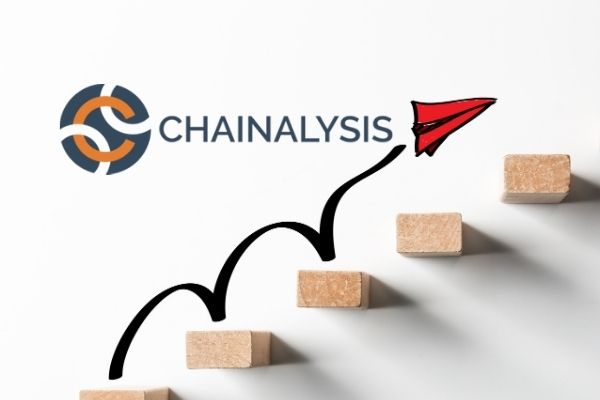
- With the midterm elections around the corner, Biden administration officials are struggling to face formulate an effective plan to combat soaring prices.
- Yet there’s only so much that the Biden administration can do to relieve price pressures, in what has essentially been an inherited problem.
U.S. commerce secretary Gina Raimondo conceded that eradicating Trump-era tariffs on Chinese goods was no silver bullet for inflation, revealing that rolling back those measures would have little effect in cooling inflation in a “very significant way.”
With the midterm elections around the corner, Biden administration officials are struggling to face formulate an effective plan to combat soaring prices.
In an interview with NBC on Sunday, Raimondo said that “lifting tariffs isn’t going to bring down top-line inflation in a very significant way, but highlighting U.S. President Joe Biden’s emphasis on battling inflation as the administration’s top priority.
The Biden administration is desperately looking to cool supply-related constraints but given how the U.S. trade deficit is at its narrowest in years, it’s unlikely that measures to lower trade barriers will move the needle.
At the NBC interview, Raimondo called on Congress to pass a bipartisan bill aimed at bolstering the domestic supply of semiconductors, a sector that has taken body blows from critical shortages which has rocketed prices of vehicles and industrial technology.
Raimondo suggests that current inflationary pressures have been wrought by a “lack of supply”, which is why the bill is key in mitigating high inflationary rates, and a “perfect example” in boosting capacity.
Yet there’s only so much that the Biden administration can do to relieve price pressures, in what has essentially been an inherited problem.
Years of perennially loose monetary policy coupled with pent-up pandemic-era demand has been exacerbated by the Russian invasion of Ukraine taking key agricultural and industrial commodities out of global markets, leaving much of the burden of inflation to the Fed to fix.
U.S. headline inflation data is due out this week and if it shows a slowdown for June from the white-hot figures in May, could provide sufficient justification for the Fed to dial down this month’s rate hike to 50-basis-points instead of 75 as promised, but it will be down to the wire.



